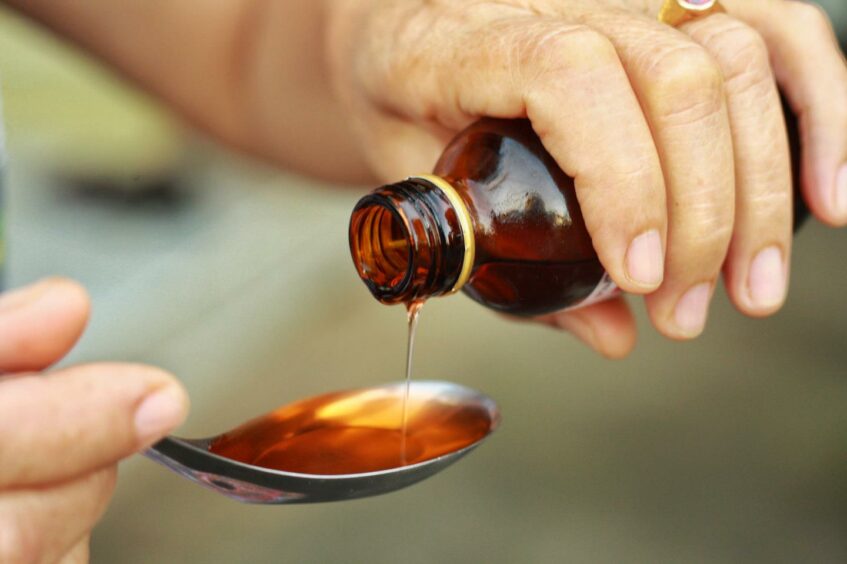A cough is the body’s protective reflex, an attempt to eliminate foreign objects from the respiratory tract.
It is quite common for a cough to accompany or follow a cold or flu. A cold will often cause swelling and irritation in the throat and upper airways and the body perceives this swelling as an object, which it tries to expel by coughing.
Mucus is produced by mucous membranes lining the respiratory tract in order to trap invading bugs, and this mucus can then be expelled via a cough.
Cough remedies
Cough remedies are among our oldest medicines, but first you need to identify what type of cough you have.
A cough can be productive or non-productive – a polite turn of phrase that describes how much or little mucus you bring up when you cough. A dry cough is a type of cough that produces little or no mucus or phlegm. It is very similar to a tickly cough and often, these terms are used interchangeably. Both dry coughs and tickly coughs are known as non-productive coughs.
A productive cough, on the other hand, produces plenty of runny stuff. Chesty coughs, also referred to as mucus coughs, are characterised by the amount of mucus they produce. Your natural reflex is to cough up or “expectorate” this mucus to help clear your chest.
Generally speaking, a cough suppressant will help to dampen down the irritation of a dry and tickly, non-productive cough. They generally work by soothing and reducing the urge to cough.
Natural ingredients
A favourite herb for dry coughs is spruce or pine. Try A.Vogel Bronchosan Pine Cough Syrup or Santasapina Cough Lozenges. Made from extracts of freshly harvested pine shoots, either can be used to relieve dry, tickly and irritating coughs. They also contain honey, which is naturally soothing.
If your cough is productive, you will need an expectorant to help bring up the excess mucus in your airways. Expectorants thin and loosen mucus from the respiratory tract, encouraging its expulsion. Ivy is an example of a herb that exerts an expectorant action, as well as being antispasmodic.
Thyme, one of our oldest herbs, can also help to thin mucus and relax the bronchial tract, making it particularly helpful for hacking coughs and catarrh. And liquorice, another old favourite, is widely recognised for its expectorant properties.
A.Vogel’s Bronchoforce Chesty Cough combines all three and is used to help relieve chesty coughs resulting from excess mucus or catarrh in the respiratory tract.
Honey and lemon
Whether your cough is productive or non-productive, staying properly hydrated will help to speed your recovery.
Hot water and honey can also help. Good-quality honey, such as manuka honey, can be soothing on your throat, which may be sore from coughing; it also has unique anti-bacterial properties. Add a slice of lemon for some added vitamin C and extra immune support.
If your cough is worse at night use extra pillows to raise your head slightly. This will help to prevent any mucus from collecting at the back of your throat and triggering your coughing reflex.
If symptoms persist or you cough up blood, do consult your healthcare professional or GP.
For further information on staying well this winter, ask in-store at Grampian Health Store, 34 Market Street, Aberdeen, or call 01224 590886. If you’re unable to get out and about, home delivery is also available.



